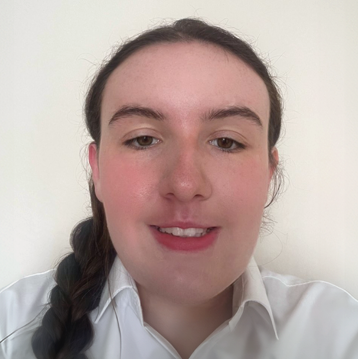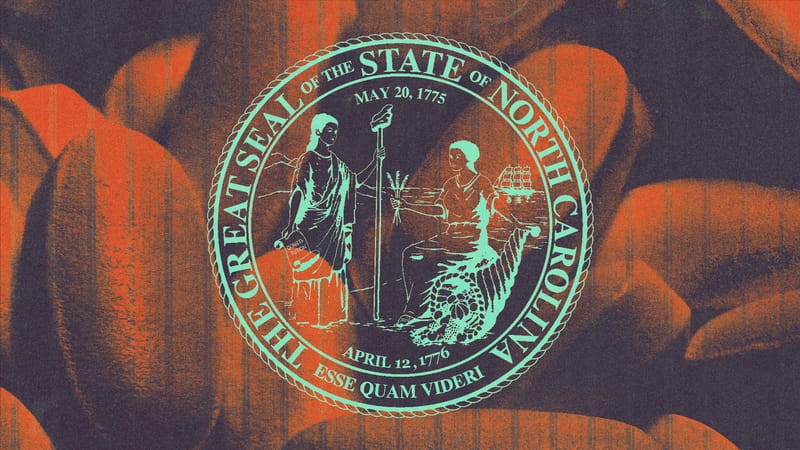Legal Coalition Joins Father's Fight to Save Autistic Daughter from Euthanasia
The father obtained a temporary injunction on January 30, 2024.

The Euthanasia Prevention Coalition (EPC) has been granted intervenor status in the court case involving a Calgary father who is trying to prevent the euthanasia of his 27-year-old autistic daughter. The daughter also has ADHD but is otherwise apparently healthy. The EPC submitted the father’s application to intervene with legal arguments on May 17th. They stated to Life News, "We were approved as an intervenor on May 30th." A publication ban requires that the father be referred to as W.V. and the daughter as M.V. The father said in court, "This case is very important to me as I have an autistic son."
The daughter was scheduled to die by euthanasia (MAiD) on February 1st, but her father obtained a temporary injunction on January 30, 2024. CBC News reported that on March 12, W.V. petitioned the court to prevent the euthanasia of his daughter. The father argued that M.V. did not have a medical condition that qualifies for euthanasia under the law, yet she had already been approved for the procedure. Meghan Grant of CBC reported on March 25 that Justice Colin Feasby ruled M.V. could die by euthanasia despite her father’s concerns. The day before M.V. was scheduled to die, Justice Feasby set aside an interim injunction that had been preventing her euthanasia. However, Justice Feasby issued a 30-day stay to allow the father to take the case to the Alberta Court of Appeal. Justice Feasby also ordered an assessment of Alberta Health Services' role in the acceptance of euthanasia for M.V.
On April 2, the Calgary Herald’s Kevin Martin announced that W.V. had taken his appeal to the Alberta Court of Appeal. W.V. stated, "The father wants to know how his daughter, who has autism and attention deficit hyperactivity disorder (ADHD), qualifies for the life-ending procedure, which has been approved by two doctors." A few days later, on April 8, Justice Anne Kirker granted a stay of the injunction to prevent M.V.'s death until after the appeal is decided. The date of the appeal is not known but will most likely be heard in October. The court allowed the EPC a 20-page written argument and a 20-minute oral argument. The EPC’s intervention focuses on several issues but primarily on the procedure that led to the approval of euthanasia for M.V., who does not have a medical condition that qualifies for MAiD and is otherwise a healthy woman.






